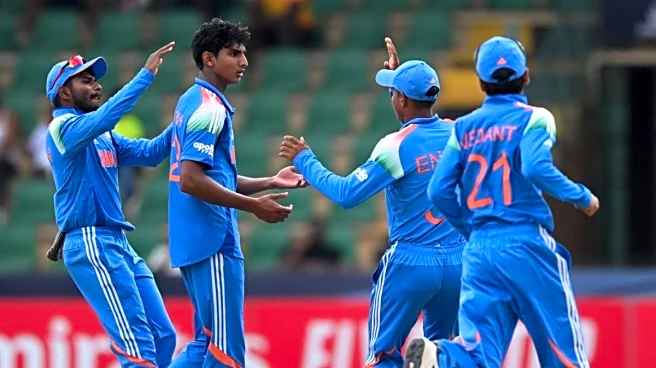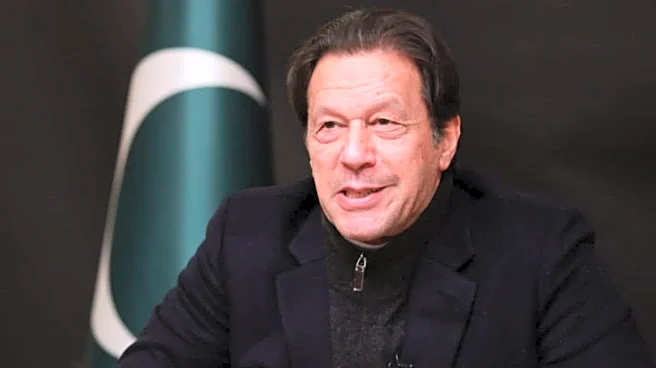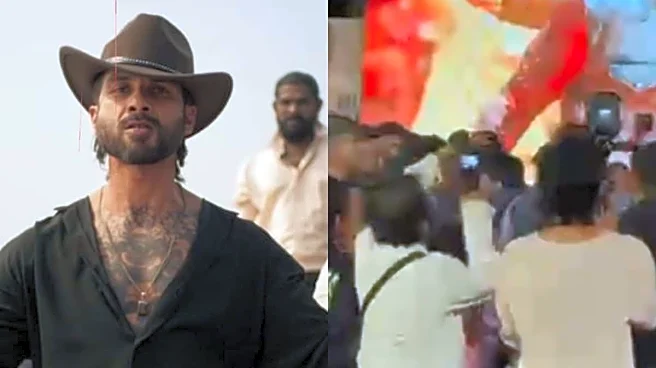What is the story about?
President Donald Trump’s new tariffs on pharmaceutical imports will not apply to countries with negotiated agreements with the US that contain provisions on drugs, according to a White House official, delivering promised relief to economies including the European Union and Japan.
Duties on pharmaceuticals from the EU will be capped at 15% per the terms of its framework deal, the official said Friday. Japanese drugs will also be charged the rate spelled out in its pact, the official added. The US-Japan joint statement says American tariff rates on Japanese drugs and semiconductors should not exceed those applied to others, including the EU.
The UK, another country that exports pharmaceuticals to the US, would face the 100% tariff, according to a White House official. London also negotiated a trade agreement with Washington that included provisions for similar exemptions, but the two countries have not yet agreed on a rate for pharmaceuticals.
Trump said on Thursday that the US would impose a 100% tariff “on any branded or patented Pharmaceutical Product, unless a Company IS BUILDING their Pharmaceutical Manufacturing Plant in America,” defined as “breaking ground and/or under construction.” No tariff will apply “if construction has started,” the president posted on social media.
The abrupt announcement included no other details, leaving some overseas capitals wondering if their deals with Washington still applied to the new pharmaceutical tariffs. If a company announces they will build a plant in the US, then their products would be exempt while the Commerce Department vets the announcement and conducts an approval process, the official said.
The Trump administration has taken other steps recently to implement the EU trade understanding. Earlier this week, the US slashed auto tariffs to 15%, down from 25% on top of existing rates.
Reuters reported earlier on the exemptions for pharmaceutical tariffs and the higher rate the UK faces.
Duties on pharmaceuticals from the EU will be capped at 15% per the terms of its framework deal, the official said Friday. Japanese drugs will also be charged the rate spelled out in its pact, the official added. The US-Japan joint statement says American tariff rates on Japanese drugs and semiconductors should not exceed those applied to others, including the EU.
The UK, another country that exports pharmaceuticals to the US, would face the 100% tariff, according to a White House official. London also negotiated a trade agreement with Washington that included provisions for similar exemptions, but the two countries have not yet agreed on a rate for pharmaceuticals.
Trump said on Thursday that the US would impose a 100% tariff “on any branded or patented Pharmaceutical Product, unless a Company IS BUILDING their Pharmaceutical Manufacturing Plant in America,” defined as “breaking ground and/or under construction.” No tariff will apply “if construction has started,” the president posted on social media.
The abrupt announcement included no other details, leaving some overseas capitals wondering if their deals with Washington still applied to the new pharmaceutical tariffs. If a company announces they will build a plant in the US, then their products would be exempt while the Commerce Department vets the announcement and conducts an approval process, the official said.
The Trump administration has taken other steps recently to implement the EU trade understanding. Earlier this week, the US slashed auto tariffs to 15%, down from 25% on top of existing rates.
Reuters reported earlier on the exemptions for pharmaceutical tariffs and the higher rate the UK faces.
/images/ppid_59c68470-image-175894503685711729.webp)


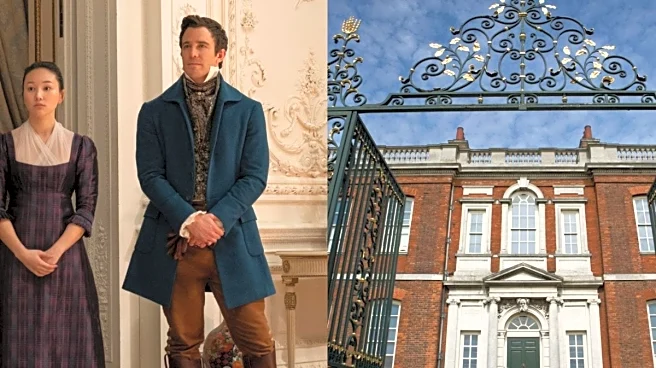
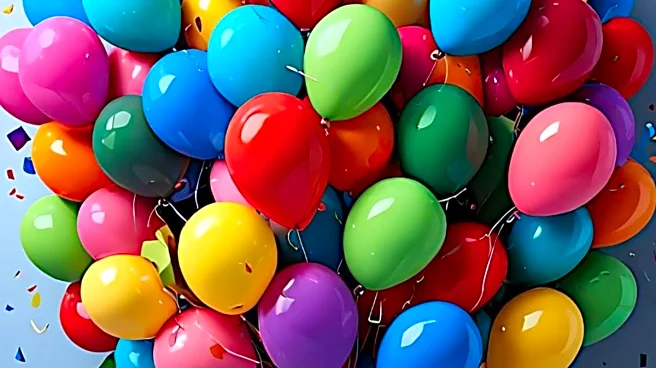
/images/ppid_a911dc6a-image-177041552974623447.webp)



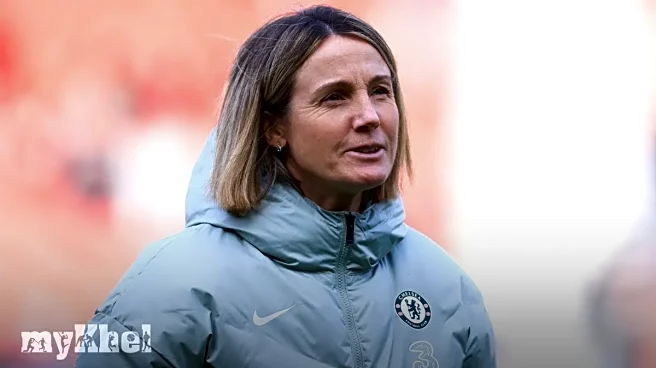

/images/ppid_a911dc6a-image-177041203643129971.webp)

